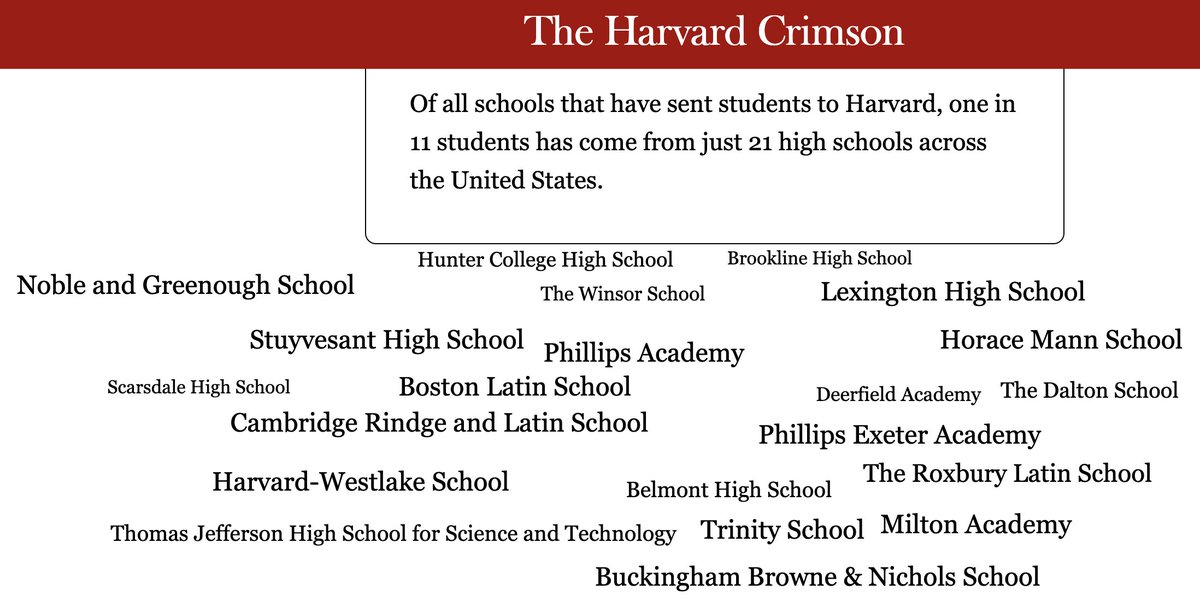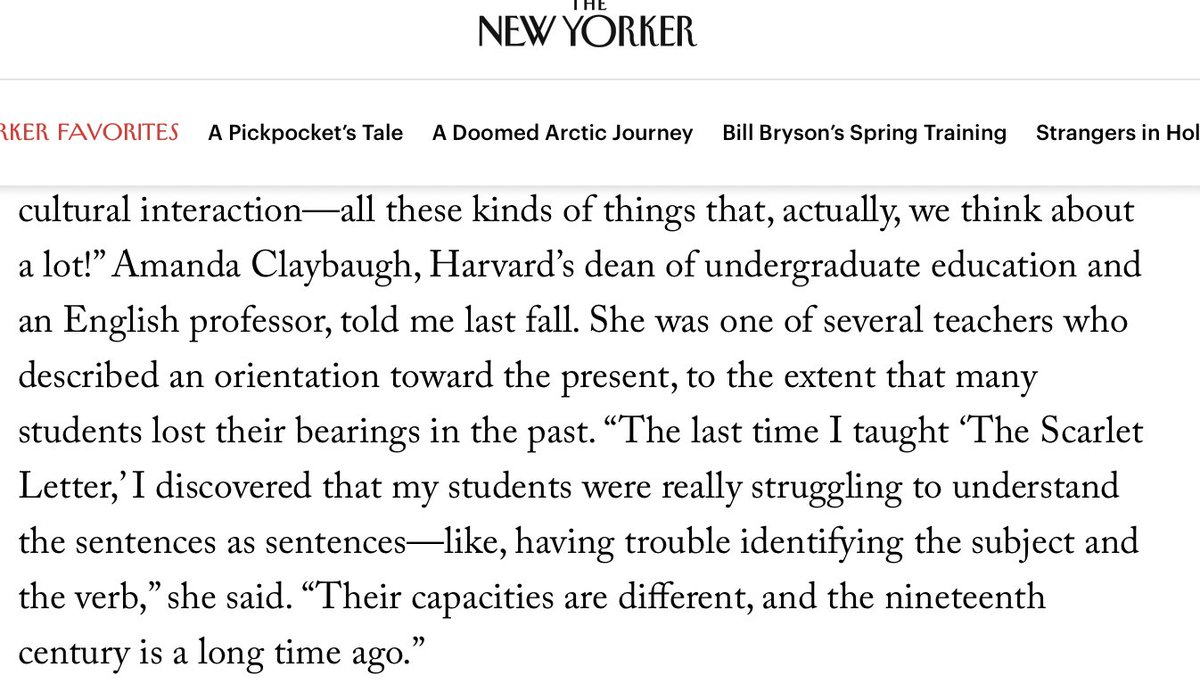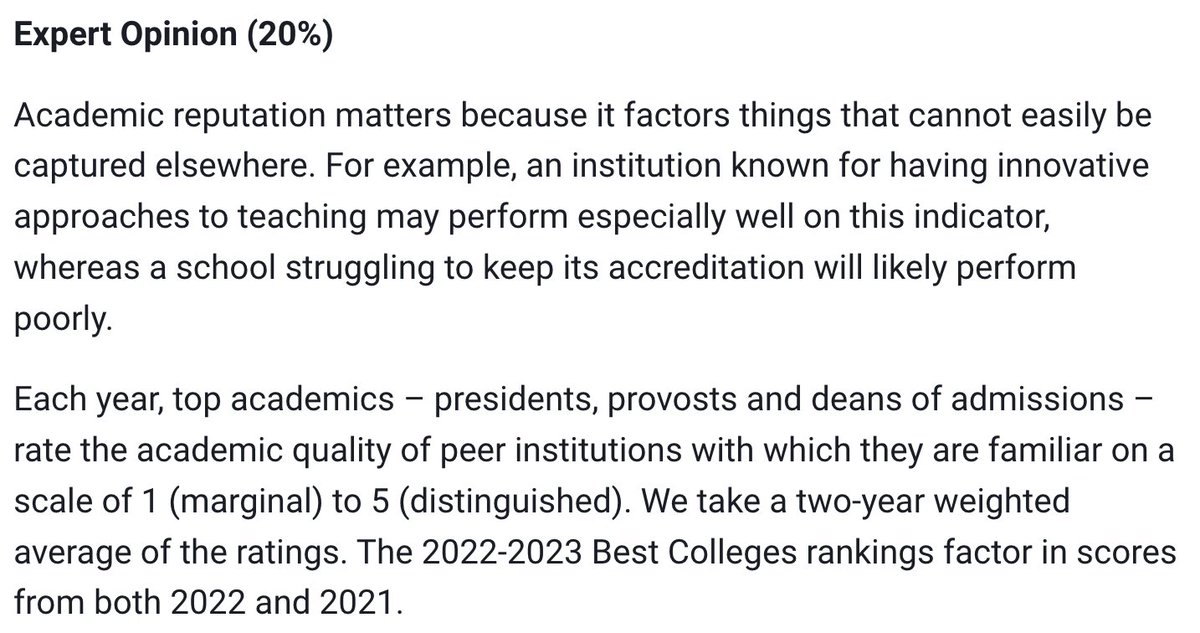The thing that everyone is going to talk about in the UC Audit are the 64 students who got an unfair advantage. But that is not the real scandal. It's the 600 high schools cut out of a system that has been shown to be antiracist and promote equity.
https://twitter.com/James_S_Murphy/status/1308581164089778177
One of the reasons we fail again and again to fix things like college admissions and other inequitable systems is that we are obsessed with cheaters and grifters and think they're the problem.
They're not the real problem. An admissions system that fails to implement a program designed precisely to increase access is a much bigger problem, a problem that the audit says that Janet Napolitano's office ignored.
The problem is that colleges are looking for feeder schools and reliable funnels, which means that some students are never going to get a look because of the zip code they live in. 

So, maybe, just maybe, let's skip past the hand-wringing and the Lifetime movies this go-round and focus on the deeper problems.
Here's a really interesting paper on how x-percent plans can make a significant difference in college admissions. nber.org/digest/jun20/w…
• • •
Missing some Tweet in this thread? You can try to
force a refresh












